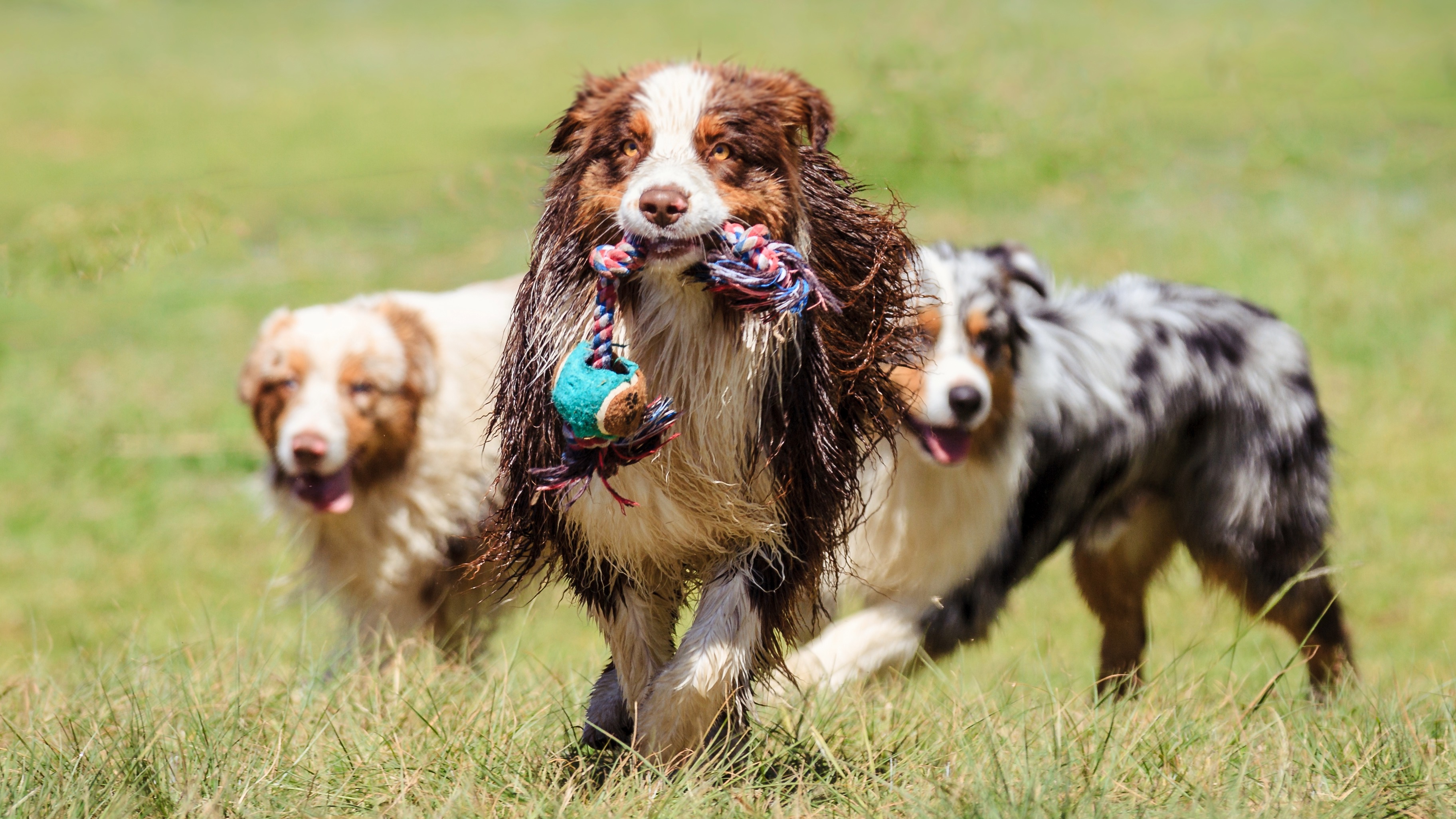
We all want a dog who’s really well-behaved when they’re off their leash, right? For most dog parents, it’s one of the most desirable qualities a canine can have.
But, our dogs aren’t born knowing how to behave perfectly off-leash — they need us to train them! And, doing so can be more simple than we might think, provided we have some of the best dog treats to help us.
Award-winning trainer Lisa Burton of Listen Dog Training has explained what we need to do in a recent Instagram post.
Start your off-leash training early on: “Young pups are naturally clingy,” Burton begins, “so get oodles of reinforcement in before adolescence hits.”
If you get your dog as a puppy, there’s no time like the present to start off-leash training — and here are 32 differences between a puppy and a dog that can help to explain why.
If you can teach your dog that it’s more rewarding for them to stay close to you even when they aren’t on their leash, by the time they become a teenager and might be tempted to run off, they’ll know that they can expect plenty of rewards if they stay near you.
Reward spontaneous check-ins: As Burton says, “The sights, sounds, and smells of the environment can be so reinforcing, so make sure every voluntary check-in with you is rewarding too!”
If your dog chooses to check in with you during an off-leash walk, for example, reward them just as you would while actively training them.
Keep your puppy on a longline: Burton recommends doing this for the first few months, just to give you some added confidence and control — it strikes a sensible balance between giving your puppy total freedom and completely restricting them.
By keeping your pup on a longline, you can prevent the reinforcement of undesirable behaviors. If they decide not to come back and stay close to you, they won’t be rewarded with total freedom.
For some more longline advice, here are three of the most common loose leash walking mistakes (and how to fix them).
Be engaging when your pup is off-lead!: Resist the urge to keep checking your phone while your dog is off-lead. “Instigate random games of chase, surprise them with a toy, bowl a few treats,” suggests Burton.
Make sure to connect and engage with your dog, especially when they’re not too distracted. Keep things varied, and keep them fun!
If you’re struggling with your dog when they’re off-leash and you’d like some advice from someone who was in a similar situation, you might find this article useful: My dog embarrassed me with her terrible off-leash behavior — here’s how I fixed it.







